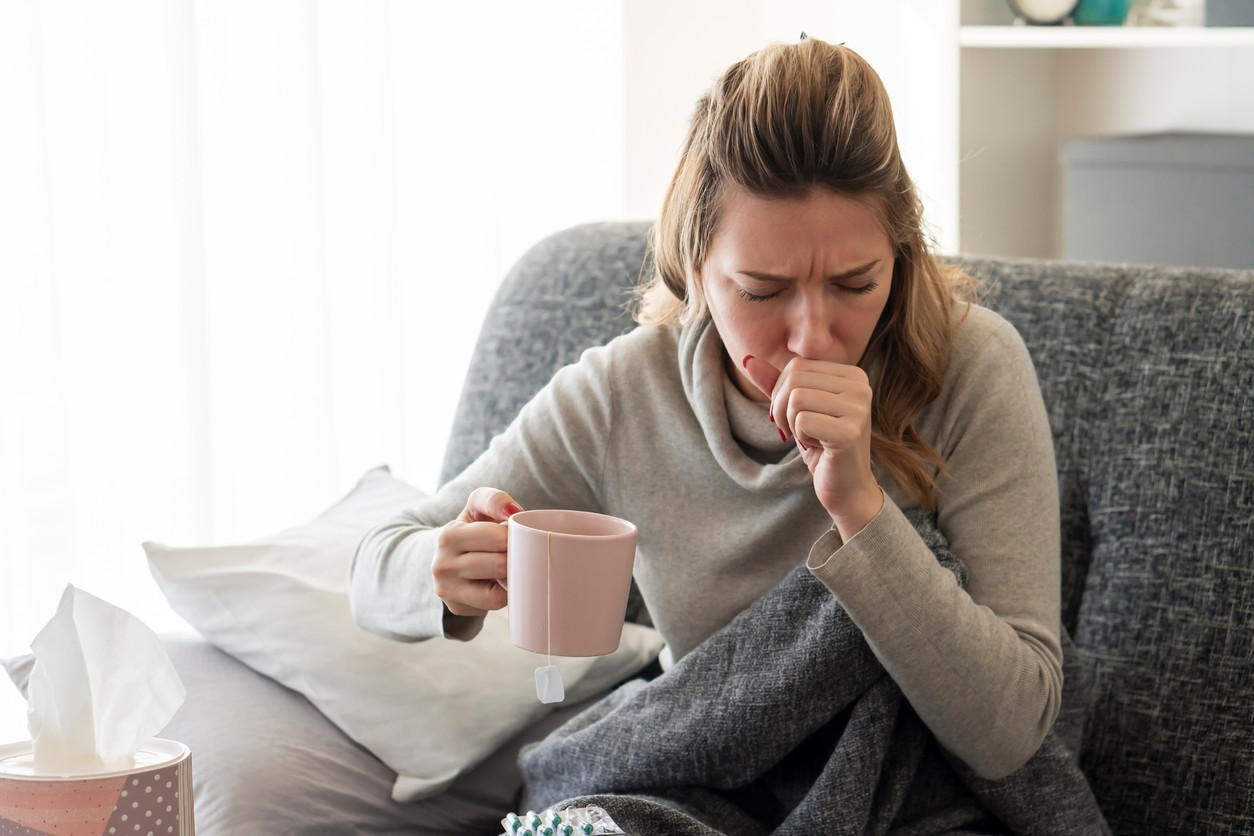Lower Back Pain When Coughing: Why It Happens and How to Treat It
Lower back pain when coughing can be uncomfortable, but there’s a lot you can do to feel better with these recommended tips and exercises.
$0 cost to you
Published Date: Sep 4, 2024
Table of Contents
Fully covered back pain relief
Find relief from lower back pain, a thrown out back, sciatica, & more.
Check if I'm eligibleExercises for Relief From Lower Back Pain When Coughing
Want expert care? Check if you're covered for our free program →- Child’s Pose with Side Bend
- Knee Rocking
- Abdominal Bracing
- Bridge
- Thread the Needle
